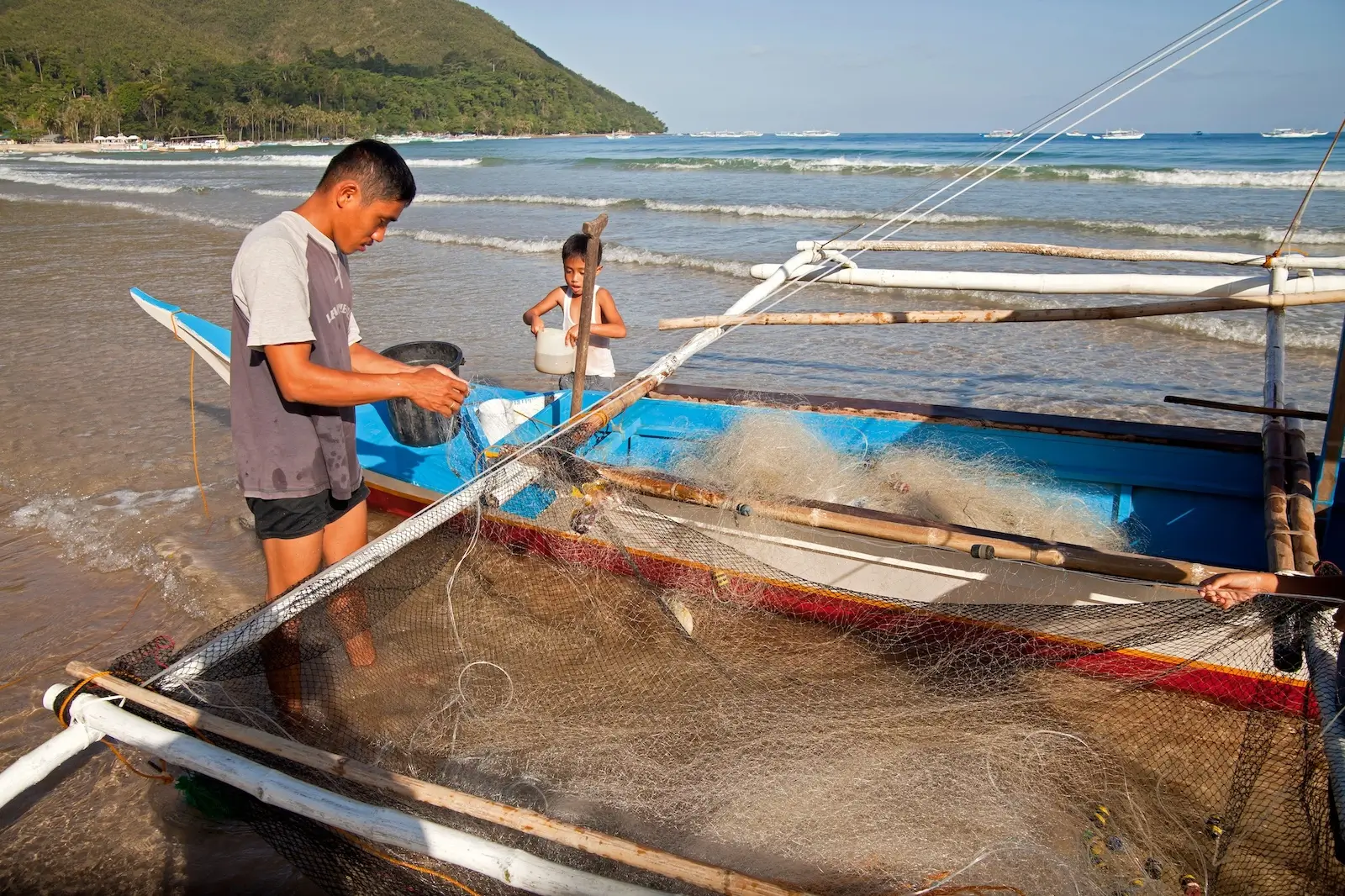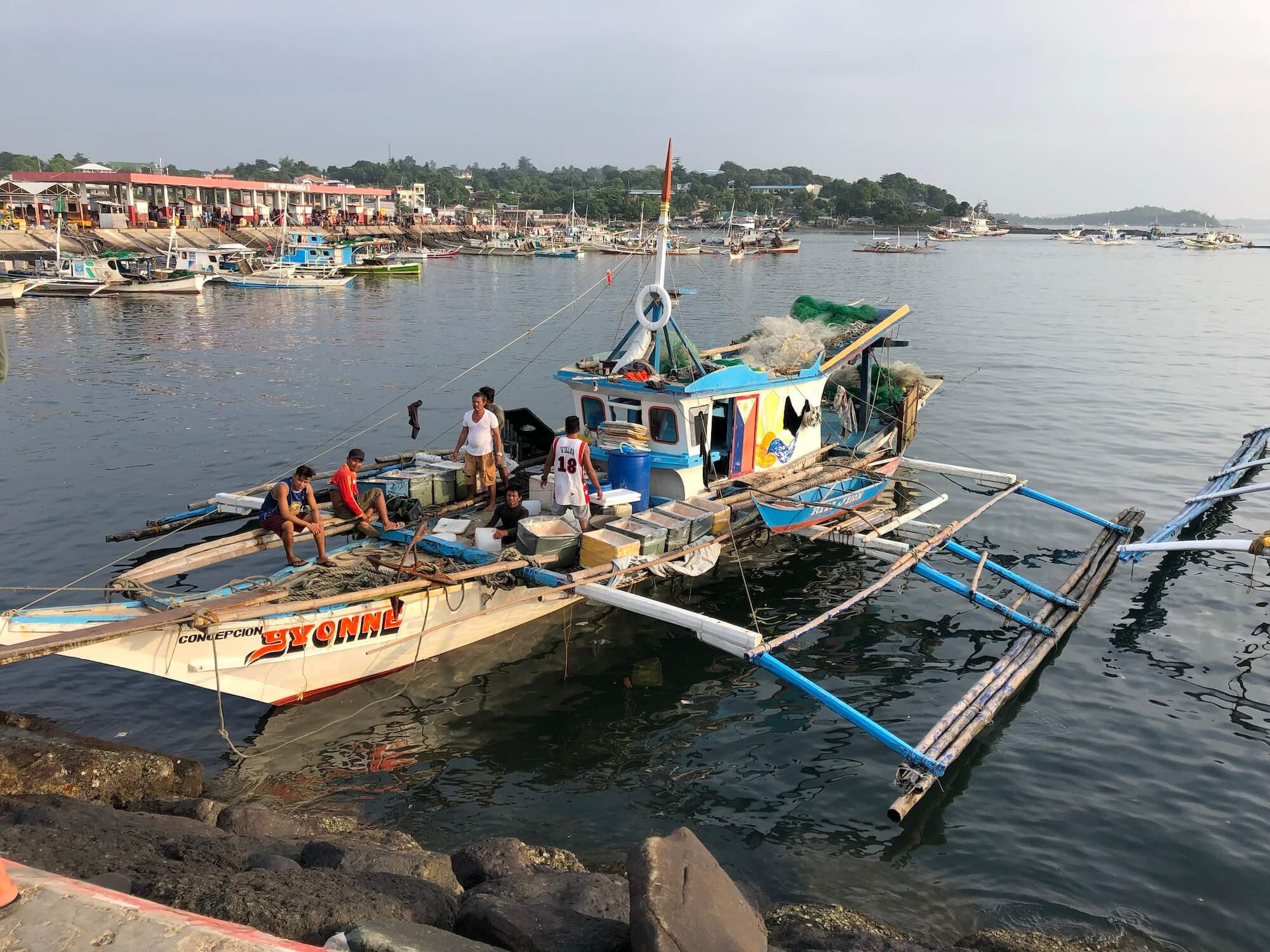
The fisheries sector in the Philippines is classified into capture fisheries and aquaculture. Capture fisheries is subdivided into municipal, commercial, and inland fisheries. As defined under Republic Act (RA) 8550 otherwise known as the Philippine Fisheries Code of 1998 and as amended by RA 10654, municipal fisheries are traditional, artisanal, subsistence or small-scale fisheries that involve the use of vessels 3 gross tons (GT) or less as well as fishing operations that do not use fishing boats while commercial fisheries include all fishing operations that use vessels of over 3.1 GT.
Commercial fishing is classified into: a) small scale – making use of passive or active gear and utilising fishing vessels of 3.1-20 GT; b) medium scale – utilising active gears and vessels of 20.1-150 GT; and c) large scale – utilising active gears and vessels of more than 150 GT. Commercial fishing vessels are required to fish outside municipal waters, which is beyond 15 km off the shoreline and are required to a secure commercial fishing vessel license (CFVL) from the Bureau of Fisheries and Aquatic Resources (BFAR), which is subject to renewal every three years (Source: The Southeast Asian Fisheries Development Center (SEAFDEC)).

